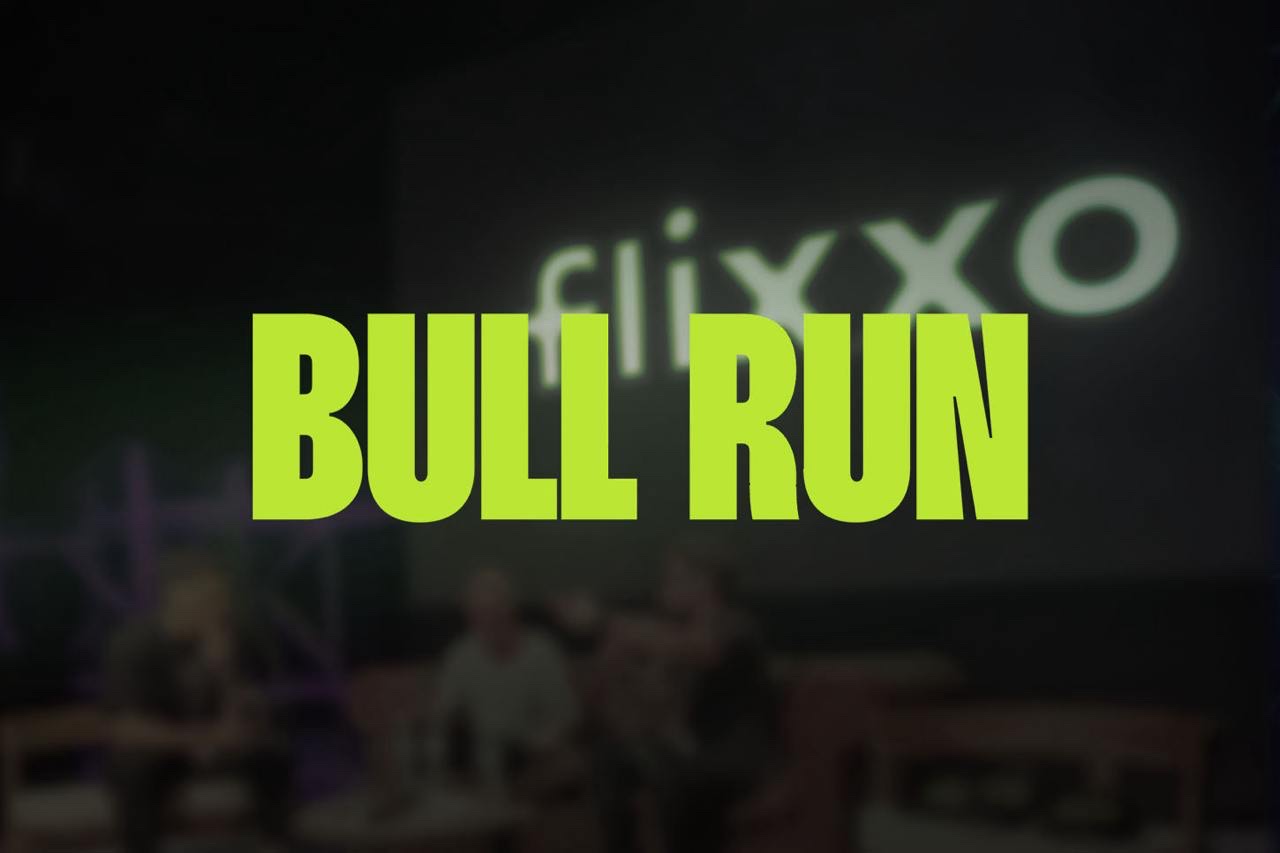JPMorgan disrupts finance with blockchain-based tokenization, starting with BlackRock partnership, envisioning a future where all assets go digital.
Key Takeaways
- JPMorgan unveils a groundbreaking blockchain-based tokenization platform.
- The first transaction, tokenizing Money Market fund shares, is accomplished with BlackRock.
- JPMorgan envisions collateralizing all traditional financial assets through blockchain.
- The move signals a significant merger between traditional finance and blockchain technology.
JPMorgan, a stalwart in the financial domain, has boldly stepped into a blockchain-enabled future by launching a pioneering tokenization platform. This innovative move signifies a consequential convergence of conventional finance and revolutionary blockchain technology, poised to recalibrate the paradigms of asset management and trading.
BREAKING: JPMorgan has launched its tokenisation platform using a blockchain and completed its first transaction with BlackRock, tokenising shares in a Money Market fund.
JP Morgan wants to collateralise all traditional financial assets. pic.twitter.com/v9Emah6M25
— Radar (@RadarHits) October 11, 2023
JP Morgan Blockchain Tokenization
In a monumental commencement, JPMorgan and BlackRock, a behemoth in global investment management, harmoniously executed the platform’s inaugural transaction. This inaugural endeavor witnessed the tokenization of shares in a Money Market fund, thus illuminating the boundless potential encapsulated within asset tokenization and, by extension, the blockchain.
However, JPMorgan’s entry into blockchain tokenization is more than a mere technological expedition; it heralds a vision grandiose in its implications. The financial giant aims to tokenize – or collateralize – every traditional financial asset, ushering in an era where assets are effortlessly digitized, traded, and managed through blockchain networks. This conceptualization promises to unlock unparalleled liquidity and inject heightened efficiency and transparency into the financial sphere.
This strategic maneuver by JPMorgan illuminates a wider industry trend, where traditional financial entities are aligning themselves with the transformative prowess of blockchain technology. Through fusing the reliability of conventional finance with the efficiency and transparency of decentralized ledger technology, institutions like JPMorgan are laying down the infrastructural framework for a financial ecosystem that is not only more interlinked but also inherently more transparent and efficient.
Concluding Thoughts
JPMorgan’s strategic foray into blockchain and tokenization represents a pivotal moment in the continuous interweaving of traditional finance and emerging technological paradigms. This initiative underscores the growing acknowledgment among established financial entities regarding the inescapable impact and potential of blockchain technology.
In light of this, the question is not whether other traditional financial institutions will follow suit – but how quickly they can adapt and innovate within this burgeoning digital landscape. The alignment of traditional asset classes with blockchain’s decentralized and transparent nature could reshape the financial sector, potentially lowering barriers to entry, enhancing asset liquidity, and democratizing access to investment opportunities on a global scale. The ability to navigate this transformation while ensuring regulatory compliance, security, and scalability will likely delineate future leaders within this evolving digital finance arena.


